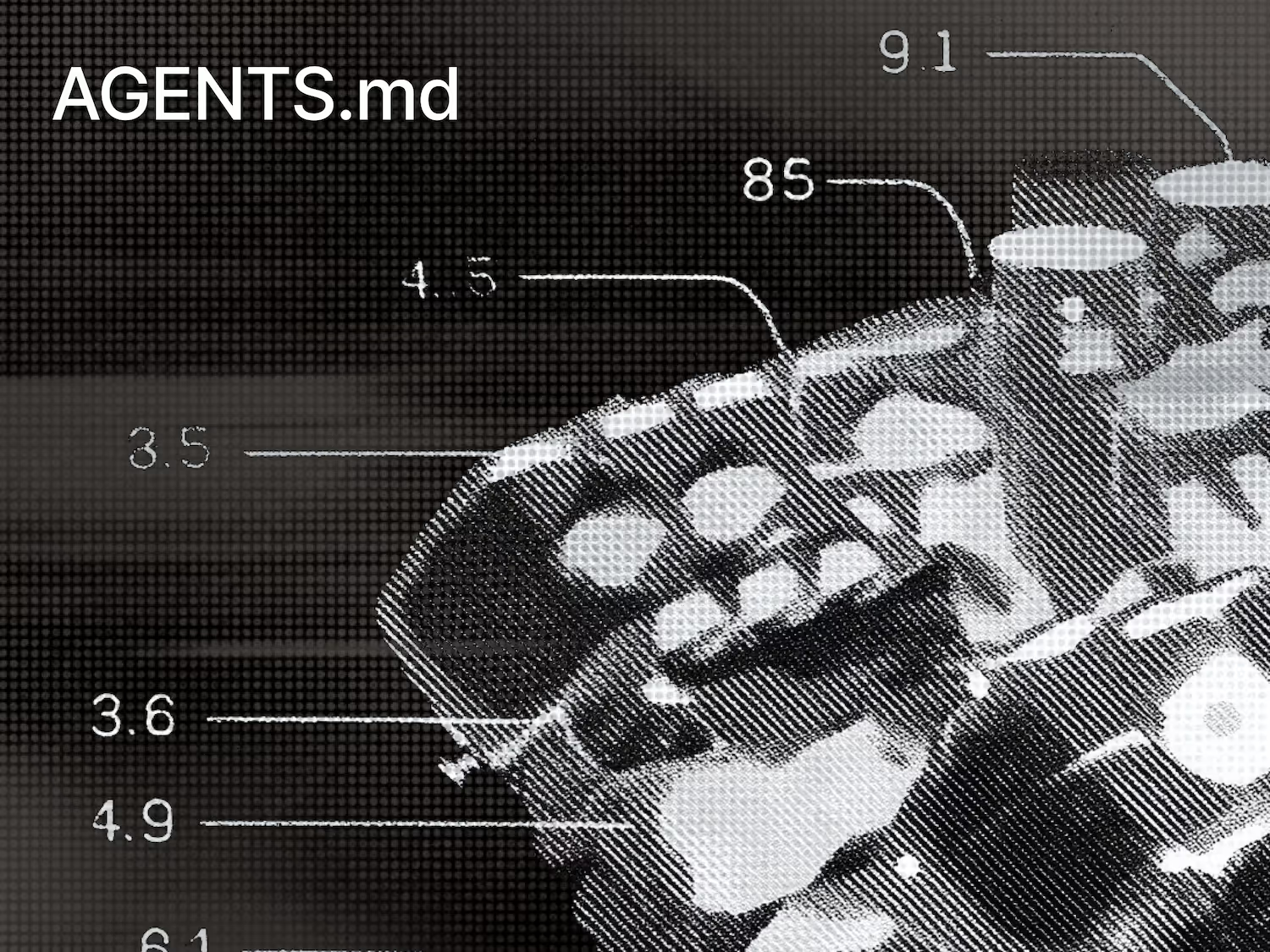Factory joins AGENTS.md collaboration with OpenAI

Factory has joined the industry working group convened by OpenAI to define AGENTS.md, a simple, open standard that gives coding agents a predictable way to understand and operate within software projects. The aim is to replace a patchwork of vendor-specific files with one clear document that any agent can read.
What AGENTS.md is
AGENTS.md is a Markdown file placed at the root of a repository. It sits alongside your README and captures the operational details agents need but humans rarely want in front-door documentation. This includes how to install dependencies, build and test the project, enforce style rules, perform validations, and handle security concerns. The format is intentionally lightweight so it can be authored in minutes and reviewed like any other change to the codebase.
The working group is designing the standard around a few principles: the filename and location should be consistent, the content should be readable by both people and tools, and the structure should be flexible enough to work across languages, frameworks, and monorepos. Teams with existing files such as .cursorrules, AGENT.md, or CLAUDE.md will be able to migrate their content into AGENTS.md and maintain backward compatibility if they need it.
Why this matters
A common baseline helps agents behave more reliably across projects and tools. Teams get fewer one‑off conventions, clearer expectations for contributions from automated systems, and a safer place to spell out guardrails such as network access, secrets handling, and data boundaries. A shared standard also makes it easier for vendors to build compatible tooling without asking developers to duplicate the same information in different formats.
How to adopt it
Start by adding an AGENTS.md file at the repository root. Begin with a short project overview, the exact build and test commands, and your code style or linting rules.
For larger codebases, include validation steps the agent should run before opening a pull request, and add security notes covering credentials and PII. In monorepos, place additional AGENTS.md files in important packages; tools can read the most specific file for the task at hand.
A minimal starter looks like this:
# Contributor Guide
## Project Overview
This is a Next.js monorepo using pnpm workspaces. Frontend in /apps/web, backend in /apps/api.
## Build & Commands
- Install deps: pnpm install
- Start dev server: pnpm dev
- Run tests: pnpm test
- Build for production: pnpm build
## Code Style
- TypeScript strict mode
- Single quotes, no semicolons
- Use functional patterns where possible
## Testing
- Vitest for unit tests
- Playwright for E2E tests
- Test files: *.test.ts
## PR Instructions
- Title format: [<project>] <Title>
- Always run pnpm lint and pnpm test before committing
Factory's role
AGENTS.md emerged from collaborative efforts across the AI software development ecosystem, including OpenAI Codex, Sourcegraph/Amp, Google's Gemini, and Factory. We're committed to maintaining this as an open standard that benefits the entire developer community, regardless of which coding agent you use.
Factory is contributing to the draft specification and committing to first-class support for AGENTS.md across our products. We will publish examples for common stacks, provide migration guidance for enterprise monorepos, and offer a validator to help teams keep their files accurate and up to date. As the working group formalizes governance, we will continue to participate in an open process with public discussion and change review.
How you can get involved
We welcome contributions and adoption from all companies, open‑source projects, and individual developers interested in improving how AI tools understand and interact with codebases.
Join the discussion at AGENTS.md.